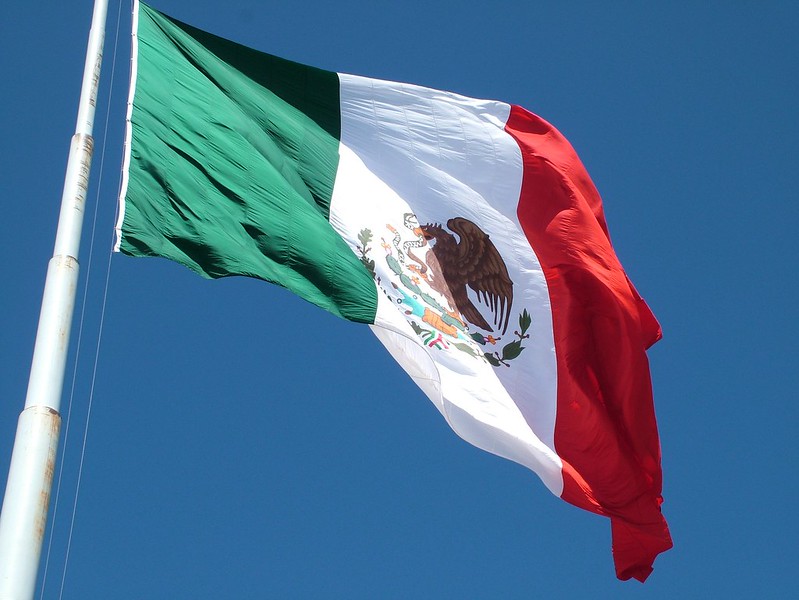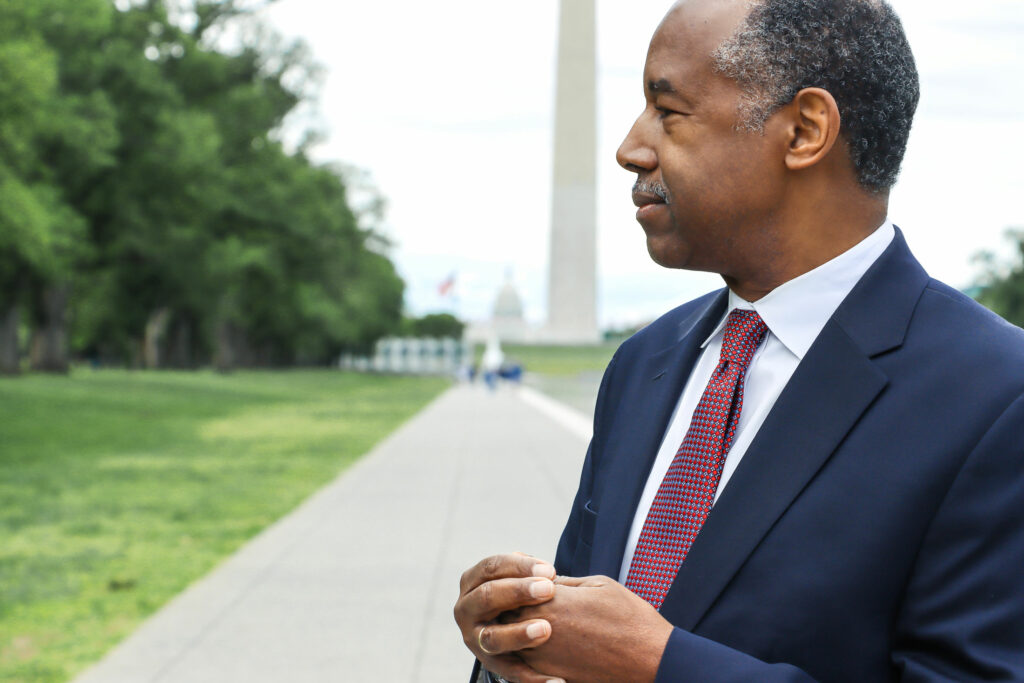 Claudia Sheinbaum former Mayor of Mexico City and leftwing environmental activist just made history as the first female elected President of Mexico. She cruised into an easy victory with a winning margin of nearly 60% of the vote. Pundits are declaring this a continuation of the last six years of current President López Obrador, who considers Sheinbaum one of his protégés. She has promised to support Obrador’s policies and popular social programs, including a universal pension benefit for seniors and providing cash payments to low-income residents.
Claudia Sheinbaum former Mayor of Mexico City and leftwing environmental activist just made history as the first female elected President of Mexico. She cruised into an easy victory with a winning margin of nearly 60% of the vote. Pundits are declaring this a continuation of the last six years of current President López Obrador, who considers Sheinbaum one of his protégés. She has promised to support Obrador’s policies and popular social programs, including a universal pension benefit for seniors and providing cash payments to low-income residents. However, Sheinbaum has been less vocal about her plans to address foreign policy with the United States, specifically in the realm of cross-border trade, which will (whether she likes it or not) play a fundamental role in the first few years of her Administration. One of the first issues she will face is the 2026 United States-Mexico-Canada Trade Agreement (or “USMCA”) review which will determine whether there will be an extension beyond the expiration date in 2036.
The USMCA will terminate unless all parties confirm support during a “joint review session.” If we believe Sheinbaum’s Administration is to generally continue the policy of the López Obrador Administration moving forward, then we should expect her to be a thorn in the side of the United States during negotiation.
This comes at a pivotal time for U.S.-Mexico trade relations. For the first time in two decades, the U.S. purchased more goods from Mexico than from China, showing how increased tension with China has disrupted trade flow. This data may not be all that it seems. The political climate in the United States continues to support turning the screws against the flow of cheap Chinese goods into our supply chain. Meanwhile, the Chinese continue to look for alternate routes to transship their goods into the consumer-ravenous U.S. market, including through Mexico.
Chinese businesses are increasingly favoring Mexico as a top destination for overseas investment, and American politicians are seeking to break our country’s decades-long dependence on Chinese factories for goods and limit China’s role in monopolizing certain critical materials. This year alone, Chinese firms have announced 41 foreign direct investment projects in Mexico, the largest number of prospective projects since they began tracking the information in 2003.
This puts Mexico in a tricky situation at the negotiating table. Should they not commit to renewing USMCA, it would have an adverse impact on the new investment pouring into their country because they would no longer have preferential access to the American market. The United States will also hold its feet to the fire at negotiations, considering the long list of failures to perform commitments by the Mexican government, including telecommunications, biotechnology, medical devices, food labeling, energy, customs and trade facilitation, and electronic payment services.
American USMCA negotiators need to delineate a clear message that we are not allowing Mexico to serve as a tariff avoidance halfway house for Chinese goods. To secure American supply chains, we need to preserve the sanctity of our imports. Allowing the Chinese unfettered access to our market via a layover in Mexico is a grave national security concern. Our next president needs to seriously consider the ramifications of these trade actions and ban the practice in USMCA negotiations as well as impose strict penalties for malfeasance.
